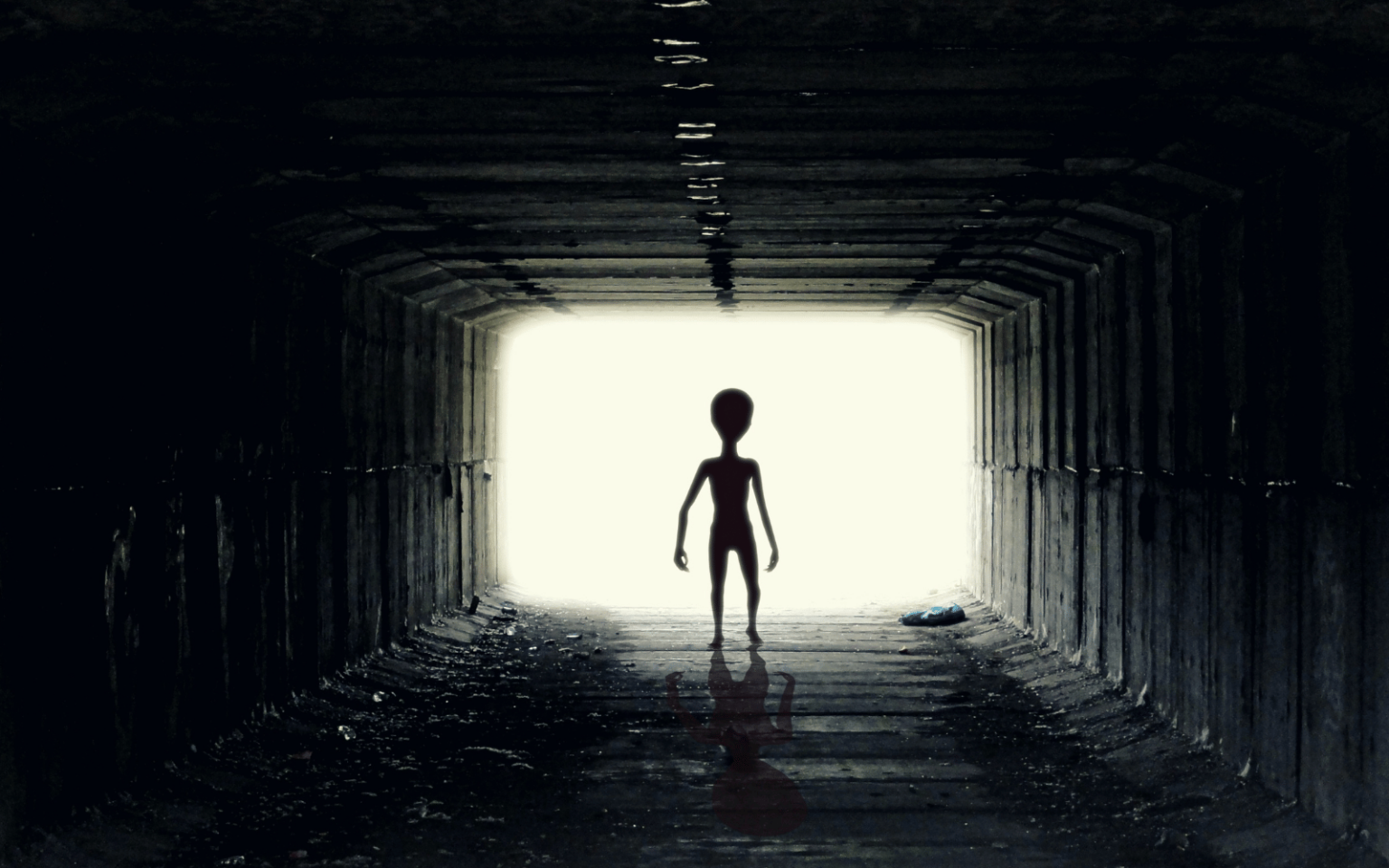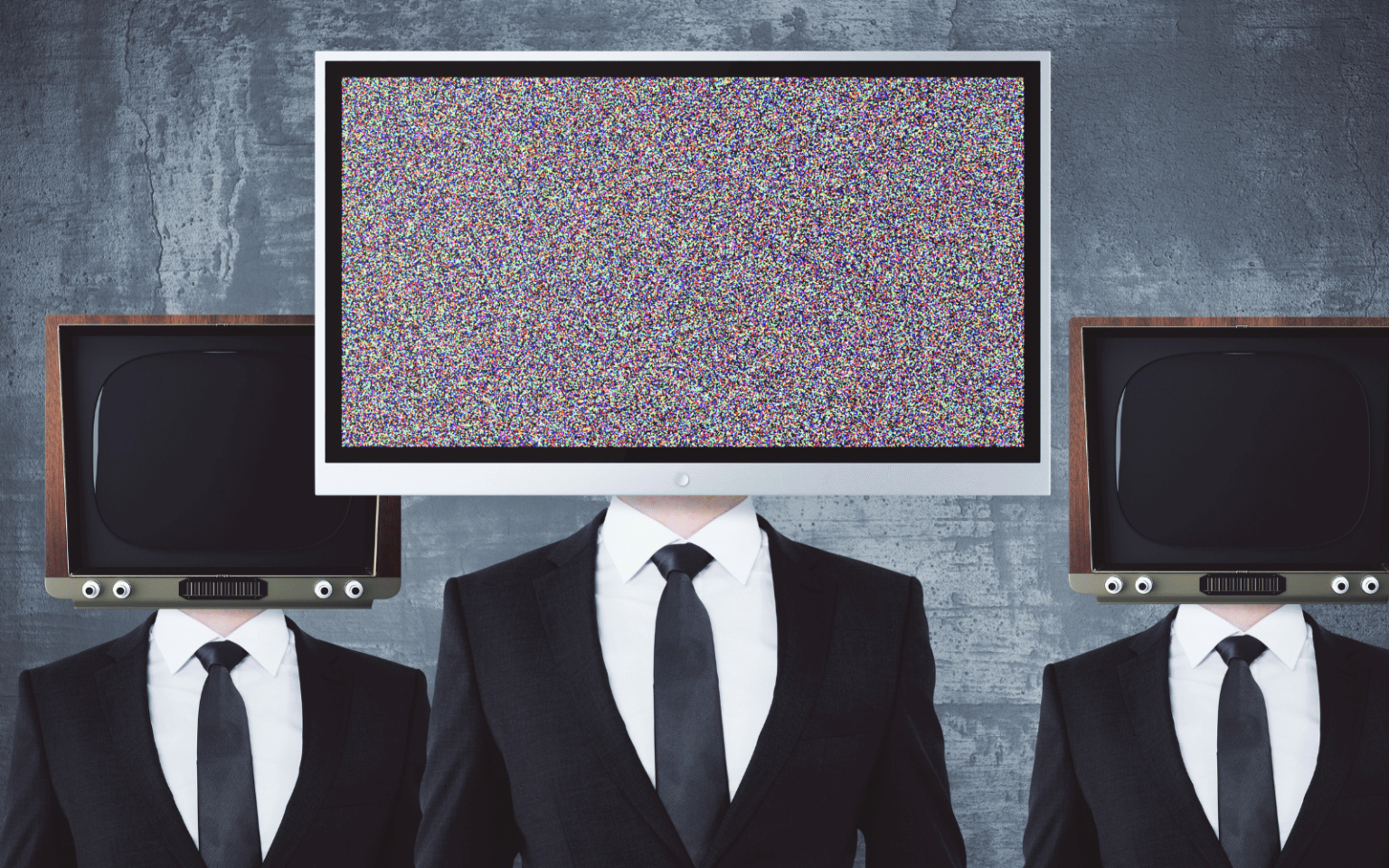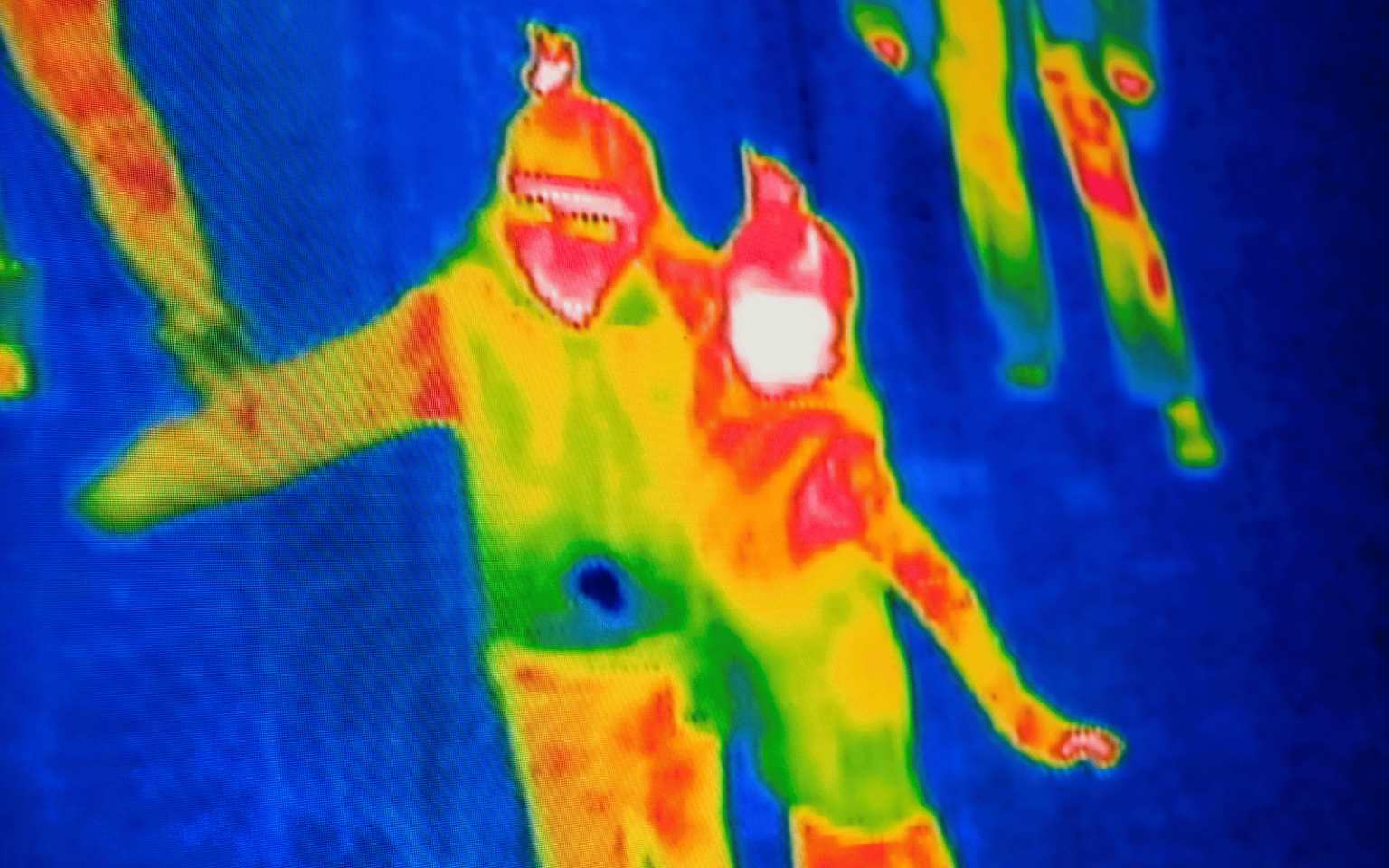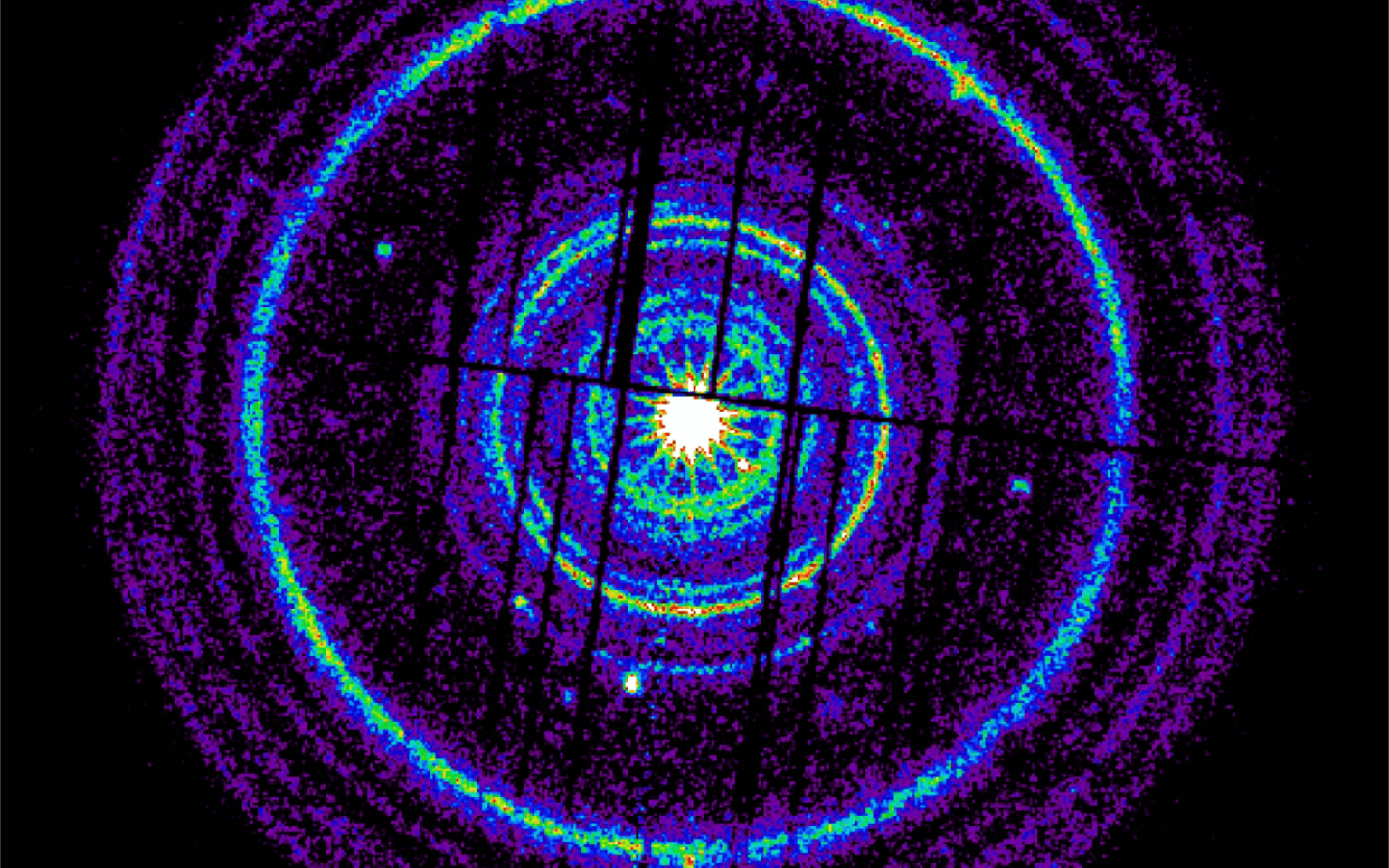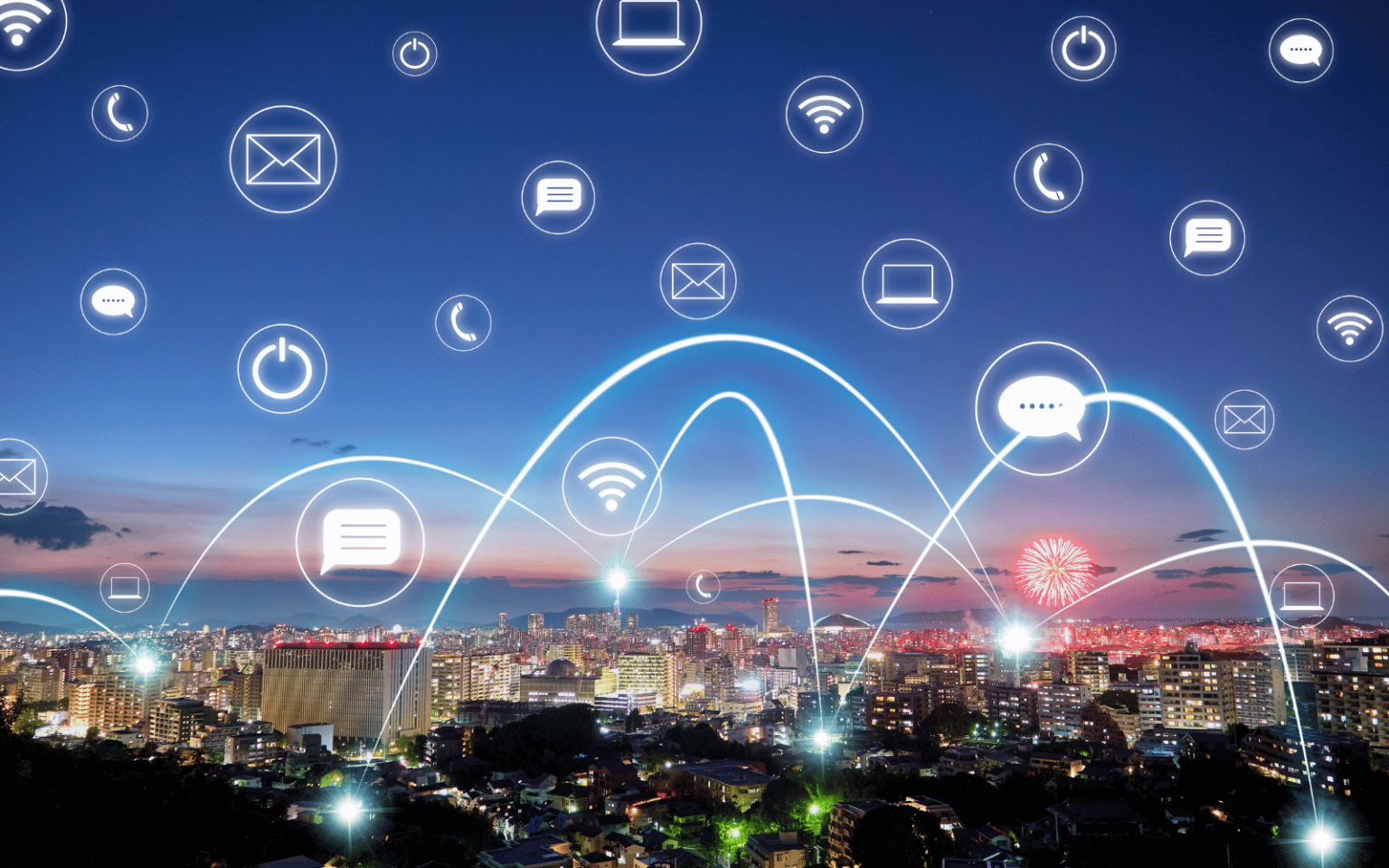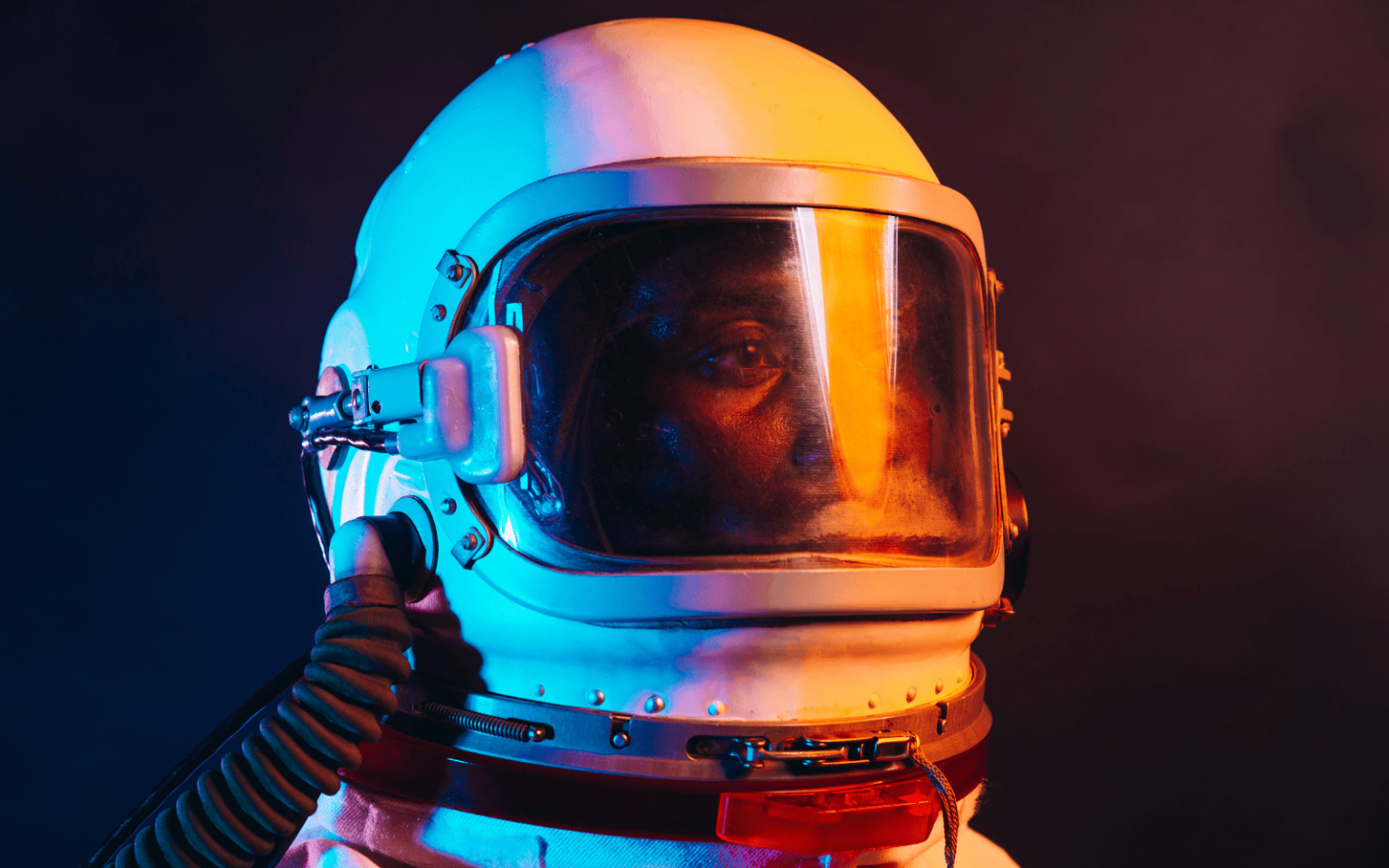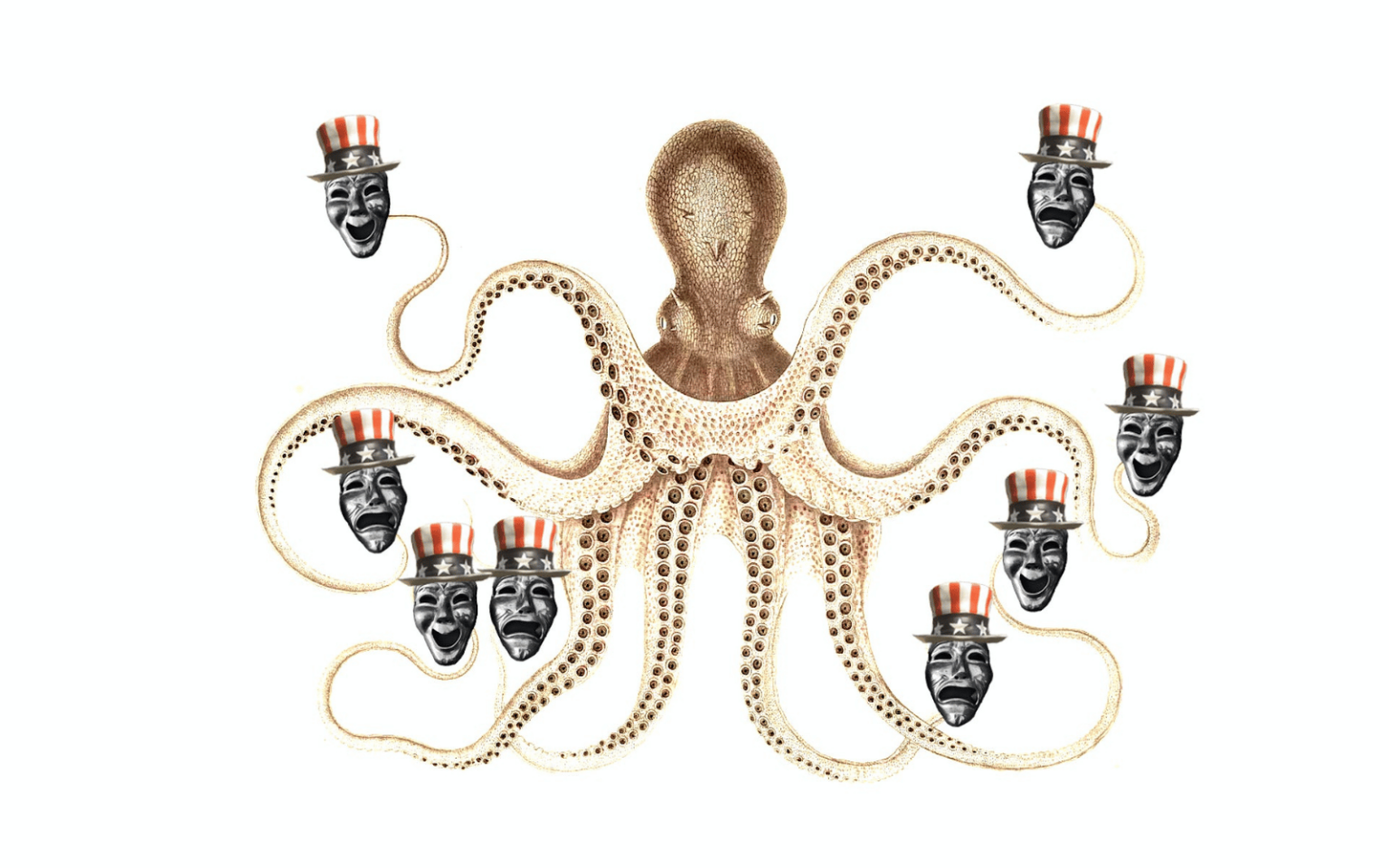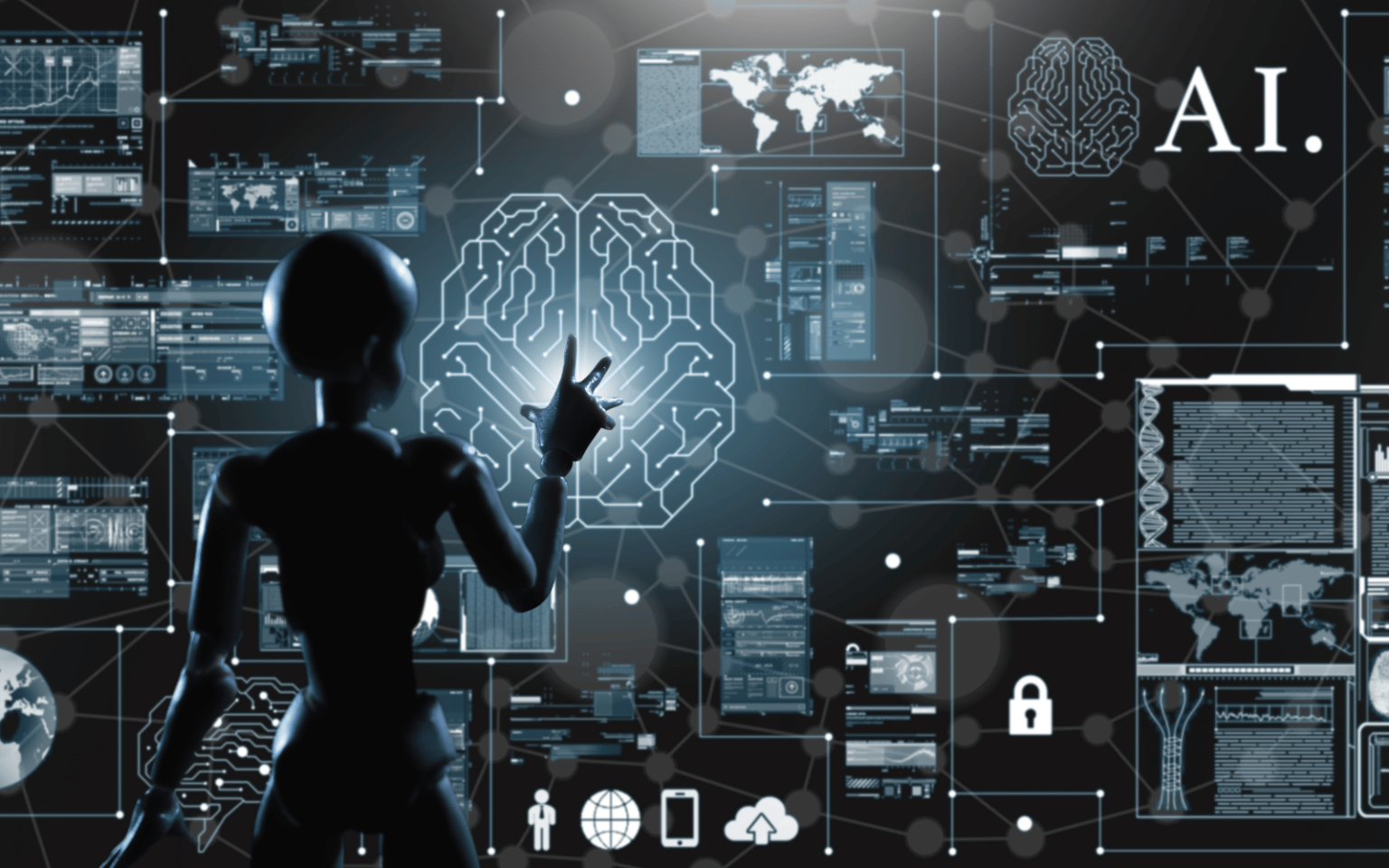Claims the US government has secretly retrieved crashed alien spacecraft and their non-human occupants are hardly new. They are firmly entrenched in post-war American UFO lore and conspiracy theory, inspiring the most famous narrative in ufology: the “Roswell incident”. Now, however, journalists Leslie Kean and Ralph Blumenthal have injected fresh vigour into these ageing claims – apparently with the Pentagon’s approval. In an article for science and technology news site The Debrief, they report the US government, its allies, and defence contractors have retrieved multiple craft of non-human origin, along with the occupants’ bodies. Additionally, they report this information has been…
Author: The Conversation
Fake news is a complex problem and can span text, images and video. For written articles in particular, there are several ways of generating fake news. A fake news article could be produced by selectively editing facts, including people’s names, dates or statistics. An article could also be completely fabricated with made-up events or people. Fake news articles can also be machine-generated as advances in artificial intelligence make it particularly easy to generate misinformation. Damaging effects Questions like: “Was there voter fraud during the 2020 U.S. elections?” or “Is climate change a hoax?” can be fact-checked by analyzing available data.…
Like something out of a spy movie, thermal cameras make it possible to “see” heat by converting infrared radiation into an image. They can detect infrared light given off by animals, vehicles, electrical equipment and even people – leading to specialised applications in a number of industries. Despite these applications, thermal imaging technology remains too expensive to be used in many consumer products such as self-driving cars or smartphones. Our team at Flinders University has been working hard to turn this technology into something we can all use, and not just something we see in spy movies. We’ve developed a…
First detected accidentally by US military satellites in the late 1960s, cosmic explosions known as gamma ray bursts (GRBs) have come to be understood as the brightest explosions in the universe. Typically, they are the result of the cataclysmic birth of a black hole in a distant galaxy. One way this can happen is through the collapse of a single, massive star. Astronomers such as myself working in the field are well aware of the massive energy scales involved in GRBs. We know they can release as much energy in gamma rays as the Sun does throughout its lifetime. But every once in a…
“Splinternet” refers to the way the internet is being splintered – broken up, divided, separated, locked down, boxed up, or otherwise segmented. Whether for nation states or corporations, there’s money and control to be had by influencing what information people can access and share, as well as the costs that are paid for this access. The idea of a splinternet isn’t new, nor is the problem. But recent developments are likely to enhance segmentation, and have brought it back into new light. The internet as a whole The core question is whether we have just one single internet for everyone, or whether we…
The metaverse — a shared online space incorporating 3D graphics where users can interact virtually — has been the subject of increased interest and the ambitious goal of big tech companies for the past few years. Facebook’s rebranding to Meta is the clearest example of this interest. However, despite the billions of dollars that have been invested in the industry, the metaverse has yet to go mainstream. After the struggles Meta has faced in driving user engagement, many have written off the metaverse as a viable technology for the near future. But the technological landscape is a rapidly evolving one and new advancements can change perceptions…
South Africa is in the middle of a severe electricity crisis, with enforced power cuts that have worsened every year. Electricity is sometimes unavailable for 10 hours a day. The shortfall is the consequence of frequent breakdowns at its ageing coal power plants, which constitute 74% of the country’s generating capacity. In theory, improving the performance and reliability of the existing coal plants would resolve the power crisis. This remedy is promoted in some quarters. But it’s easier said than done. To function satisfactorily, many of the plants would require a complete overhaul, which would be both time consuming and prohibitively costly. Estimates…
Life on Earth owes its existence to photosynthesis – a process which is 2.3 billion years old. This immensely fascinating (and still not fully understood) reaction enables plants and other organisms to harvest sunlight, water and carbon dioxide while converting them into oxygen and energy in the form of sugar. Photosynthesis is such an integral part of Earth’s functioning that we pretty much take it for granted. But as we look beyond our own planet for places to explore and settle on, it is obvious how rare and valuable the process is. As my colleagues and I have investigated in…
Could organizations use artificial intelligence language models such as ChatGPT to induce voters to behave in specific ways? Sen. Josh Hawley asked OpenAI CEO Sam Altman this question in a May 16, 2023, U.S. Senate hearing on artificial intelligence. Altman replied that he was indeed concerned that some people might use language models to manipulate, persuade and engage in one-on-one interactions with voters. Altman did not elaborate, but he might have had something like this scenario in mind. Imagine that soon, political technologists develop a machine called Clogger – a political campaign in a black box. Clogger relentlessly pursues just one objective:…
BT recently announced that it would be reducing its staff by 55,000, with around 11,000 of these related to the use of artificial intelligence (AI). The remainder of the cuts were due to business efficiencies, such as replacing copper cables with more reliable fibre optic alternatives. The point regarding AI raises several questions about its effect on the wider economy: what jobs will be most affected by the technology, how will these changes happen and how will these changes be felt? The development of technology and its associated impact on job security has been a recurring theme since the industrial revolution.…

